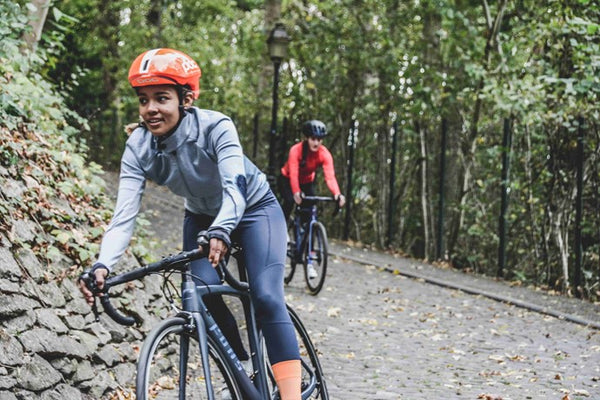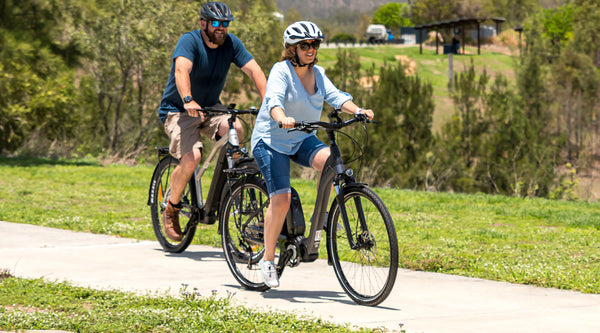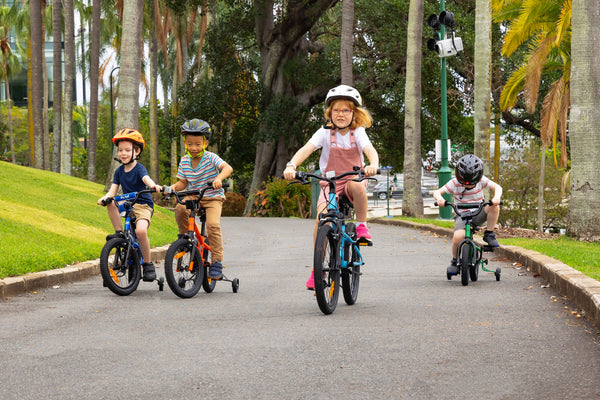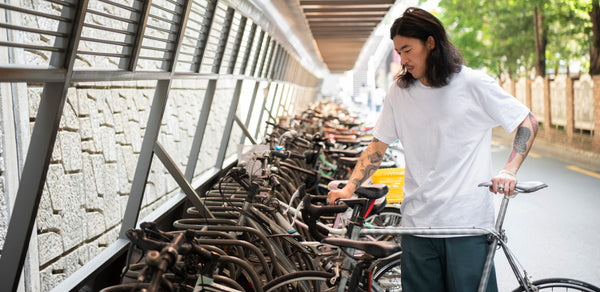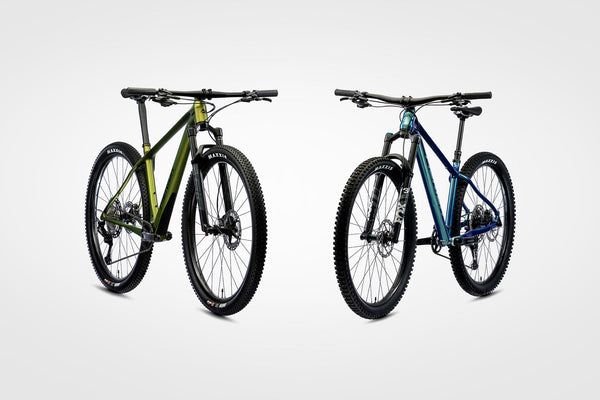There’s nothing better than a long-haul ride! Unfortunately, we’ve all had to deal with a lack of cycling events for a few months. In fact, many of us may have even invested in an indoor bike trainer to keep our training going while in lockdown! Now that all of New Zealand is at Alert Level One, heading outside for a good long ride is once again possible. That means a lot of exercise, which also means meeting specific nutritional needs. After all, if you’re riding for long periods of time (over three hours), it’s important to keep yourself hydrated and fuelled up.
So, we’re breaking down everything you need to know about long-haul nutrition and hydration. Whether you’re gearing up for next year’s Lake Taupo Cycle Challenge or doing a long ride of your own to explore our Kiwi backyard, here’s what you need to do to stay strong and healthy on the ride!
The Science of Fuelling Your Body on a Long Ride
Before we jump in, you have to ask yourself: what does your body need? While you’re riding, you’re consuming energy at an accelerated rate, sweating, and burning a lot of calories.
For a shorter ride, this isn’t too much of a consideration; all you need to do is drink water. However, longer rides can seriously drain you and even injure you if you’re not properly prepared for them. If you’re exercising for a long period of time, you need a few things to keep you going.
Food for Energy
Through a process called cellular respiration, your body turns the food it consumes into glucose, which is oxidized by your body to create fuel. No food, no glucose, no energy!
Water for Hydration
Staying hydrated is important for so many reasons, including regulating your body temperature and transporting nutrients throughout your body. Long rides make you lose a lot of sweat, so replacing that lost fluid is crucial! Without water on a long ride, you dehydrate fast, causing your muscles to break down more quickly, your brain function to dull, and your energy to weaken.
Electrolytes
Electrolytes are minerals that keep your nervous system, muscles, and internal environment functioning. When you run low on electrolytes, your cells can’t communicate as effectively. Your senses feel weaker, your brain feels slower, and your muscles starting to cramp or seize. Sodium and potassium are two major electrolytes you lose through your sweat, so replacing these is crucial on a long ride. There are specialised electrolyte drinks on the market that you may already be familiar with, including sports drinks, smoothies, and even coconut water!
Overfuelling vs. Underfuelling

Cycling nutrition is absolutely critical while riding. If you don’t take in enough energy or water, your body will quickly give out on you. That’s not what you want on a long-term ride! Many cyclists choose to go the opposite way, packing their bodies with as much water and food as they can to keep their energy up while riding. In fact, many people think this is the best way to ride.
However, ironically enough, the science doesn’t support it.
When you eat, your body takes the carbohydrates in the food and transforms that into glucose, your body’s energy source. This glucose is transported from your intestines to your bloodstream through a semipermeable barrier, and your red blood cells perform respiration (along with the oxygen you inhale) to produce the energy your body needs to exercise. This process happens very quickly, but it is also limited by how much your body can absorb. In other words, it’s a bottleneck.
According to the American College of Sports Medicine, the average person can consume about 1 gram of carbohydrates per minute. That’s a maximum intake of 60 of carbohydrates per hour. So, taking on more carbohydrates than your body can readily absorb isn’t going to help you. In fact, it will most likely make you feel ill, heavy, and unable to perform.
Proper Nutrition for a Long Ride
So, what is the right amount of food and water to consume? Interestingly, staying hydrated and well-fed for a ride starts way before you even get in the saddle. If you’re gearing up for the long haul, follow this schedule to keep your body performing at its peak.
Before the Ride
Hydration: The American College of Sports Medicine recommends drinking around 6mL of water per kilogram of body weight four hours before you start any intense exercise.

Nutrition: About 45 minutes before you start riding, eat a low-fibre, low-fat, high-carbohydrate snack. The key is to eat snacks that are high energy and low fibre, as these are easy to digest and deliver a lot of energy as quickly as possible. Foods like fruit, granola, and peanut butter work well.
During the Ride
Hydration: In the first hour of the ride, just stick to rehydrating with water. While riding, start drinking early! You want to consume enough water to replace the sweat you’re losing. Long-haul exercise requires electrolytes to keep your muscles healthy, so a sports drink is the way to go once the exercise length has passed an hour. Aim for anywhere between 600ml to 1.2L per hour depending on how much you’re sweating.
Nutrition: When it comes to food, digestion gets harder as the ride gets longer. Stick with solids at the beginning of the ride, then progress to gels chews, blocks, and others closer to the end. Make sure you’re chasing down a lot of fluid to prevent any stomach upsets.
Also, eat foods you like! Many cyclists encounter something called ‘palette fatigue’ on long rides. Essentially, they get bored of eating. So, make sure you take things with you that give you a dose of dopamine when you eat it! That way, you’ll remember to eat and stay fuelled up the whole time.
After the Ride
Hydration: Post-finish-line, you still need to work on replacing all the sweat you lost on the ride. So, don’t stop hydrating! You don’t need to drink at the rate you were while riding, but you do need to replace what you lost. Make sure you drink at least one glass of water before half an hour passes from the end of the race and keep an eye on the colour of your urine to see how hydrated you are. Light means hydrated; dark means dehydrated.
Nutrition: Once you’re off the saddle, your number one goal for food is muscle recovery. You need to get enough protein and vitamins in your body to sustain the recovery period! Eat a really good, nutritious meal once the ride is over, containing foods like:
- Lean beef
- Sweet potato
- Spinach
- Beans
- Carrots
- Oranges
- Peppers
- Broccoli
Stick with 99 Bikes for breakdowns of everything cycling related.
We’re New Zealand’s most approachable bike store, stocking a massive range of everything, from cycling bags for your on-the-road food needs to hydration packs for no-hassle hydration! Browse our online store or head to one of our store locations to get on with your cycling journey today!

